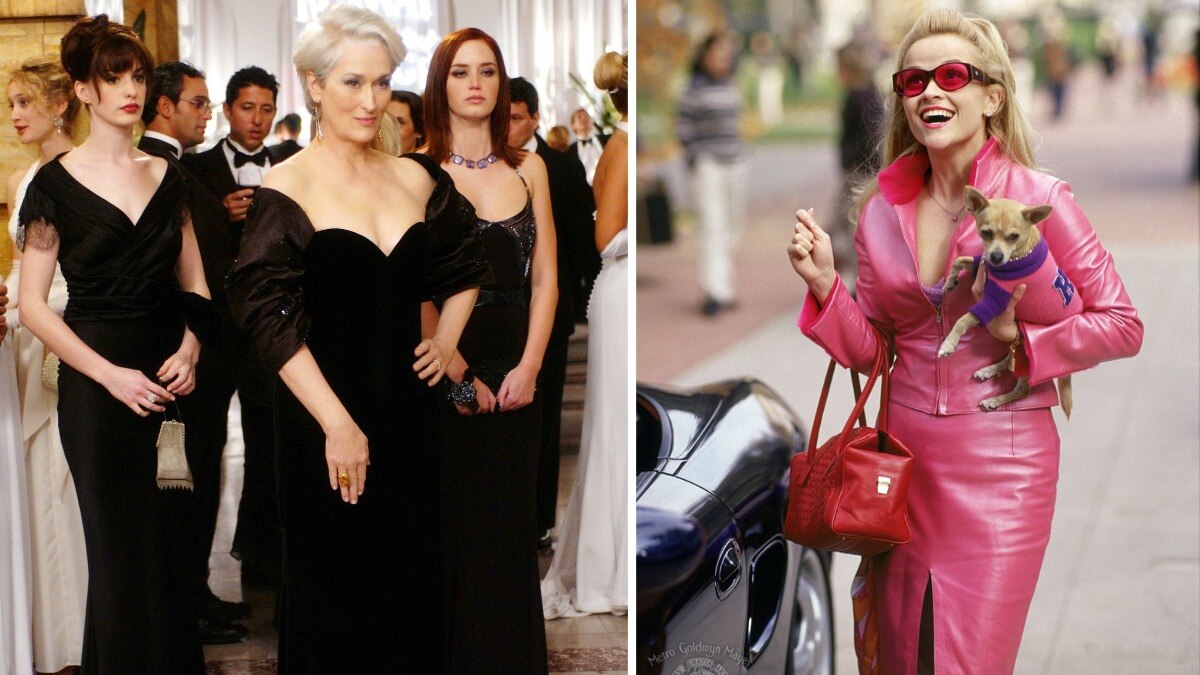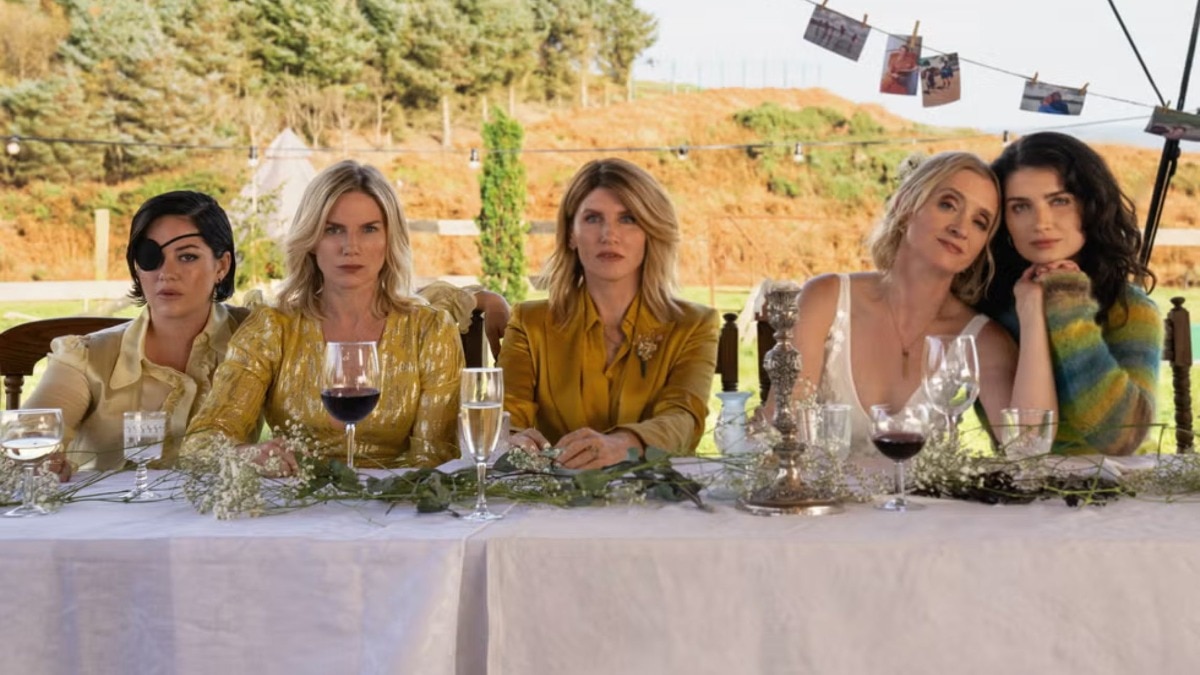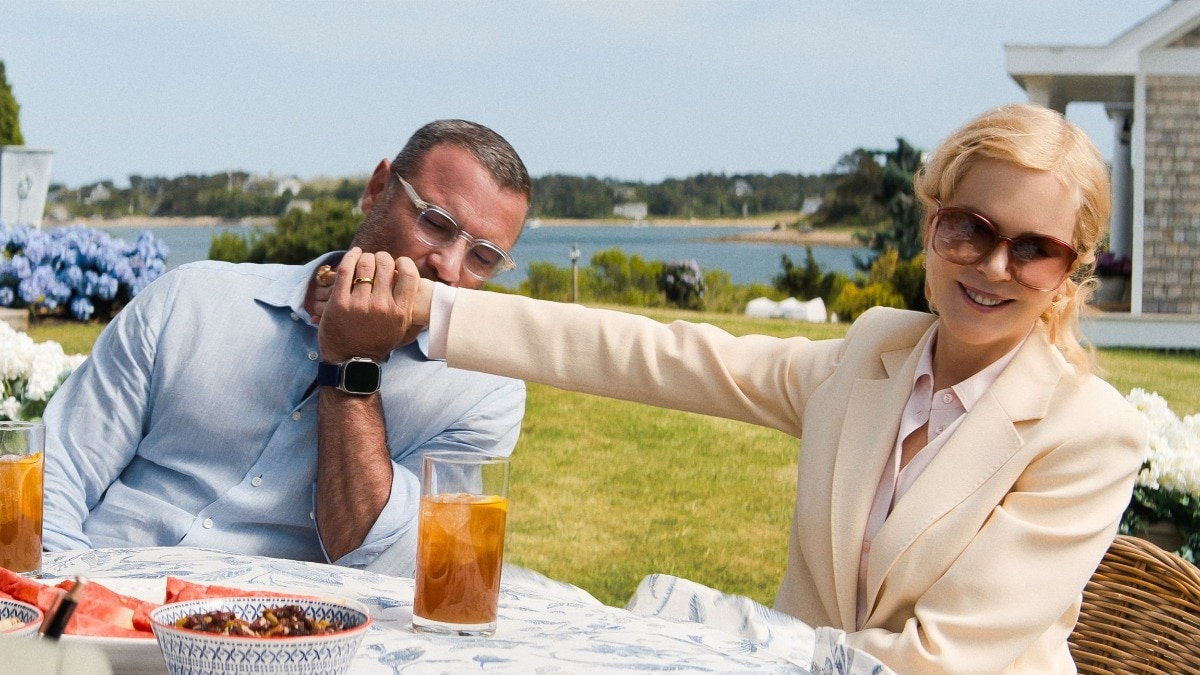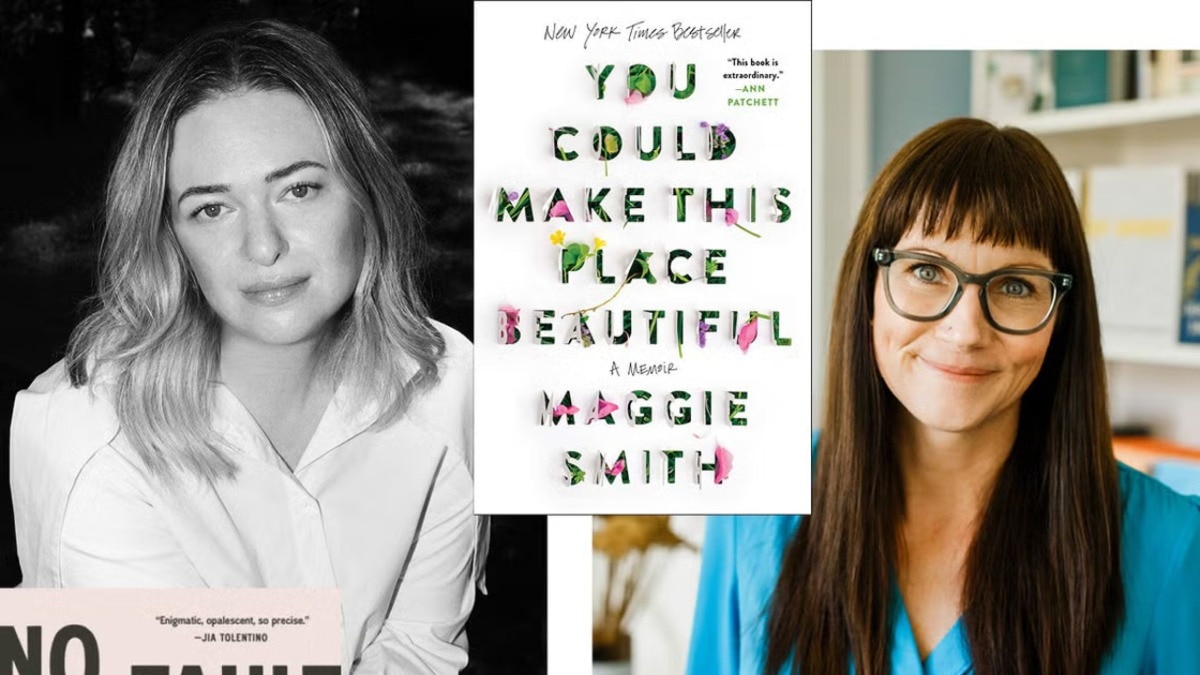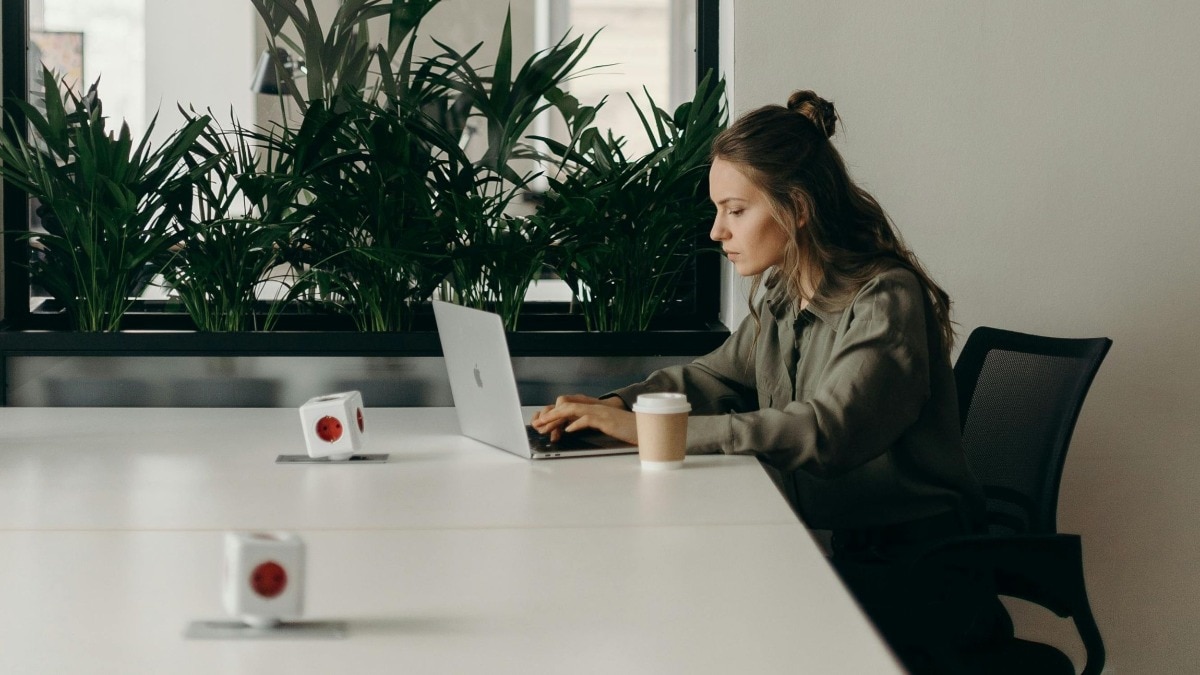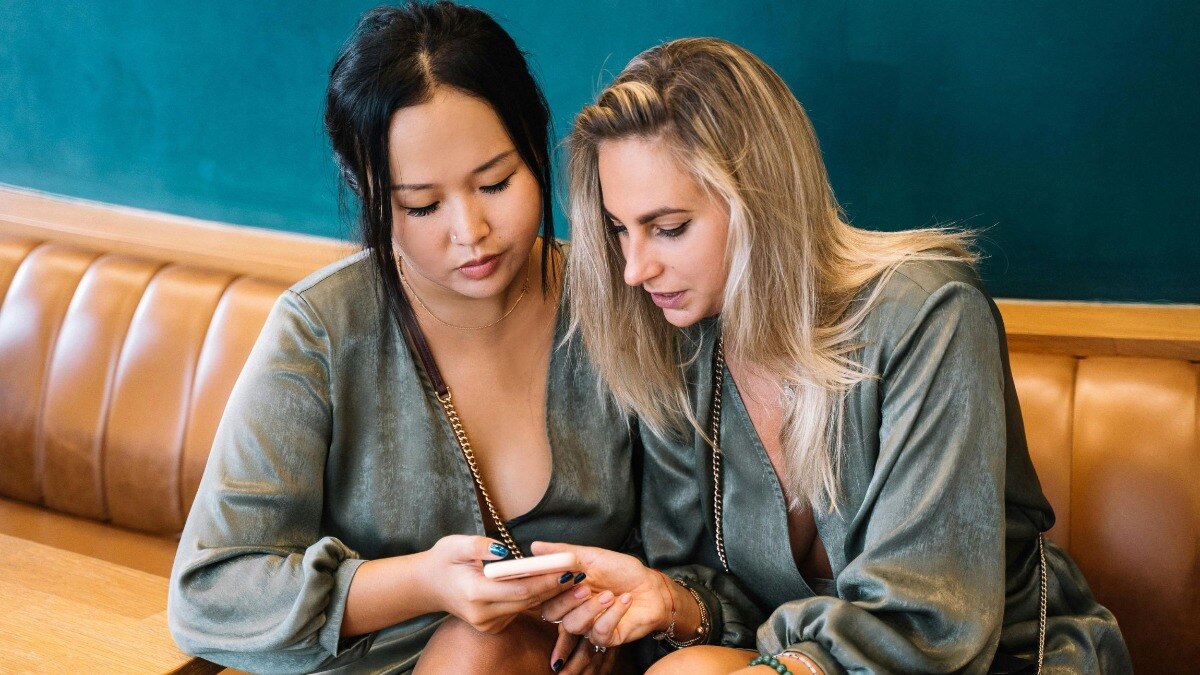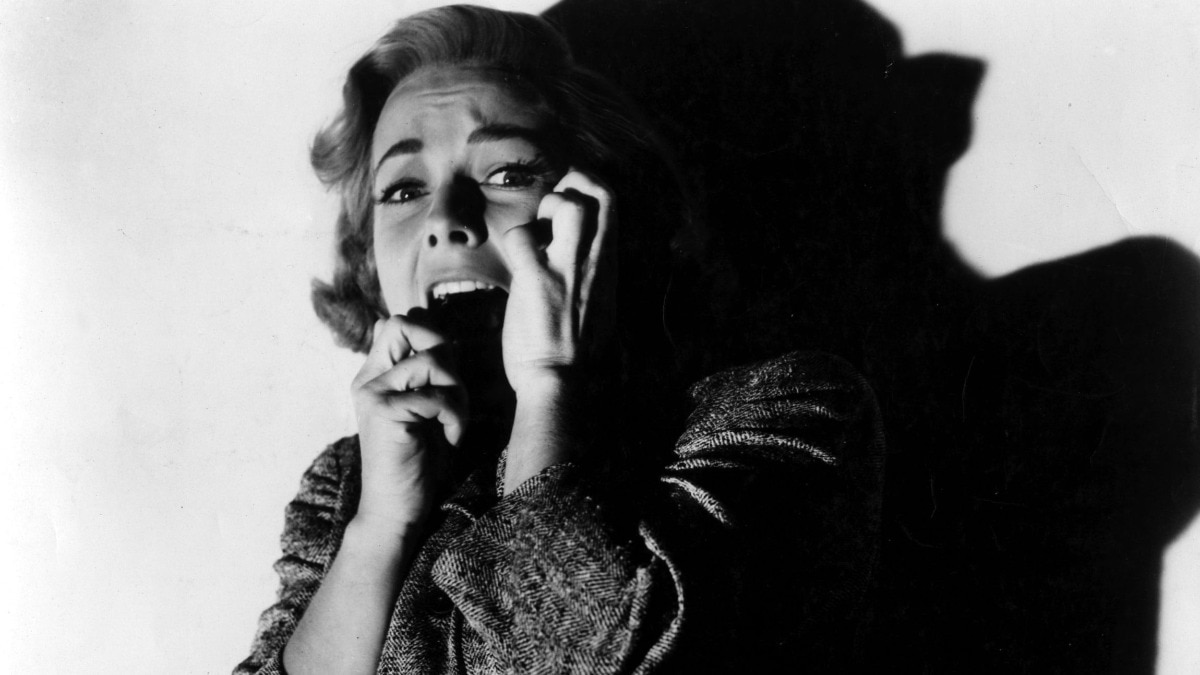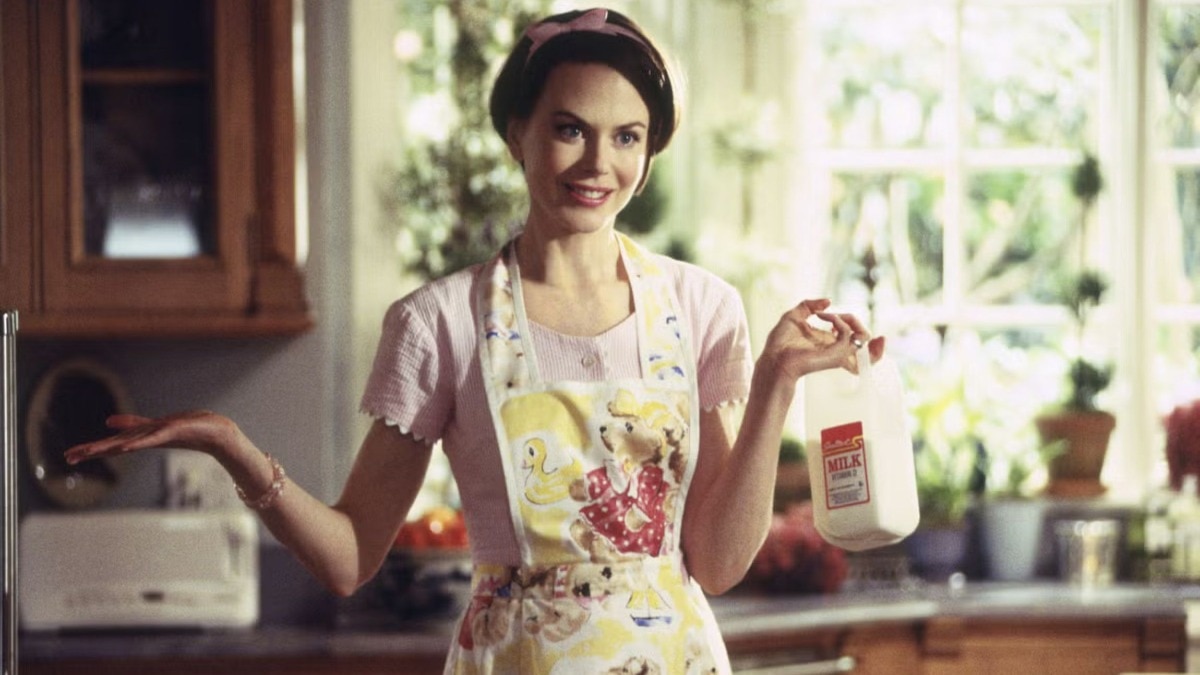Wellness is everywhere. But how well do you really need to be?
The author explores many ways to mental wellness and the business of it all.


It appears that the vagus nerve has hired a publicist. A brief foray on TikTok reveals that the previously introverted nerve, said to assuage anxiety when activated (a claim often made through injected lips in a hushed vocal fry) is having its day. Likewise, the moon has hired a social-media consultant. If ever there were so many varieties of a full moon (blood, cold, pink, super, beaver, micro), never has the quantity of accompanying healing modalities (manifesting, crystal charging, intention setting, sound bathing) been greater.Timing is everything. But what if one’s cacao ceremony conflicts with one’s intermittent fast? And then there’s the problem of breathwork. To Wim Hof or not to Wim Hof? To box breathe or breathe coherently? I just need to know the perfect way to breathe. Especially in a time of crisis.In 2023, I lost two friends to suicide and got scared that it was contagious. Overcome by the natural symptoms of grief—fatigue, heaviness, panic, existential questioning—I worried that my usual levels of depression and anxiety (considerable) had spawned a new species of depression and anxiety babies. Worse still, the babies seemed to be growing.
For nine months, I attempted to heal myself. I read self-help books: David D. Burns’s Feeling Good, Claire Weekes’s Hope and Help for Your Nerves, and Eckhart Tolle’s The Power of Now. I read spiritual books: Shunryu Suzuki’s Zen Mind, Beginner’s Mind, Thich Nhat Hanh’s Peace Is Every Step, and Alan Watts’s Still the Mind. I changed therapists. I changed psychiatrists. I changed antidepressants. I changed antidepressants again. I transitioned my 17-year meditation practice from a transcendental modality to a vipassana style. I saw a healer on Zoom. I saw a psychic in person. I entered an intensive outpatient program for depression and anxiety. The program seemed to make me worse. I tried somatic therapy. Internal Family Systems. Box breathing. 4-7-8 breathing. Progesterone. Judson Brewer’s Unwinding Anxiety app. Praying to angels. And, yes, activating the vagus nerve.
I undertook each of these actions under the auspices of learning to “sit with” negative thoughts and feelings. Truthfully, I wanted the thoughts and feelings expunged. I’d heard it said that “what you can feel you can heal” and that “the only way out is through.” But when, I wondered, would through be through? When would I finally be well? After nine months, all my “healing” led to was a hyper vigilance so severe that I had to enter an outpatient program for obsessive-compulsive disorder. The obsession? My own mental health. The compulsion? Trying to fix it.
My most recent mental-health and wellness odyssey echoes a larger American phenomenon. As a culture, we are more preoccupied with our mental health and well-being than ever, thanks to relentless messaging and marketing of seemingly endless products, apps, and supplements that would have us believe that being “well” has an end point. It doesn’t, of course, but it’s a very lucrative proposition. Researchers at McKinsey & Company recently estimated the value of the global wellness market at $1.8 trillion and expect it to grow 5 to 10 percent each year in the US alone. Moreover, we are more therapised than ever... and still more anxious and depressed than ever.
The cult of physical-and mental-wellness culture prescribed by Goop, Erewhon, Moon Juice, and other exclusive outfits touting costly products ($1,999 far-infrared hot-gemstone mat, anyone?) equates wellness with moral goodness; this is nothing new. Yet a simple Google search for the word depression yields sponsored links for such products in the mass market as well. A company called Joyous offers very-low-dose ketamine treatment for $129 a month and asserts, “You deserve to thrive, not merely survive.” Online therapy platform BetterHelp states, “You deserve to be happy.”
When happiness is marketed as a finite destination to be reached and wellness as a product to be purchased, what does healing mean?
I believe that the increased accessibility of tools and resources for mental health and well-being is, in and of itself, a good thing. But when happiness is marketed as a finite destination to be reached (often as soon as possible) and wellness as a product to be purchased, what does healing mean? And what should our expectations be?
“In our neoliberal, consumerist, capitalist culture, ‘healing’ has come to mean a hyperfocus on the individual self, almost to the point of abstraction of everything else,” says Amy Jones, a psychotherapist in New York City. “Social health, cultural health, and environmental health get ignored while we overly focus on our own individual stories, individual journey, and individual psyche, and I think that it is obviously not working very well. The individual has been the primary construct in our culture for a very long time, and that is reinforced by a lot of trends that are adjacent to healing culture: New Age spirituality, consumerism.” Author Nada Alic echoes these ideas in “Earth to Lydia”—a short story that’s part of her 2022 collection, Bad Thoughts, which tells the tale of one woman’s journey in a dehealing group for people who have become too enlightened, too obsessively mindful.
"Get out of the present moment!" reads a flyer advertising the dehealing group on a local community board. In Alic’s story, symptoms of being so enlightened that one is no longer a part of society include “sudden preference for breathable cotton wares, bralessness where there were once bras, newfound fascination with the breath, loss of appetite, loss of libido, loss of guilty pleasures, poor hygiene, boring personality, (and) access to spirit world/other dimensions.” Alic says the story was inspired by her own journey through New Age spirituality with an American, individualistic lens.
“I discovered Buddhism like every teen does in the early aughts, by way of dabbling in the occult and becoming obsessed with New Age spirituality as a way to cope with my undiagnosed depression and anxiety,” she says. “I collected spiritual teachers like Alan Watts and Krishnamurti like they were Pokémon and started meditating and performatively reading texts like the Tao Te Ching. I liked the feeling of participating in something ancient and universal while also getting hyper specific personality- quiz-style answers about myself.” If wellness is positioned as a goal—something to win at—it may actually be unhealthy. “Without problems, without discomfort, you cannot feel comfort,” says Hairan Yu, a licensed acupuncturist at Aya Acupuncture & Herbs in Los Angeles. “This is the idea of yin and yang. If you are always in a state of joy, you won’t feel it. Right now in Western society, everyone is juiced up. You need to make more money. You need to be healthier. You have to do something. If you don’t do something, you’ll feel panic. If you don’t do something, you’ll die. So people get used to thinking the rush is healthy. But that’s not healthy. Healthy is when you don’t feel a problem.”
Yu goes on to explain that healing is not something that happens in a vacuum when you’re alone, hunched over a phone on an app or in a book—at least not if the teachings in that book aren’t integrated into your life. “Healing is just a step in life,” he says. “It’s not the ultimate destination. The goal of being healthy is so that we can do everything we love to do. When we put ourselves in that state, we forget about our body. We are stepping away and letting our body fulfill our passion.” But what about when one’s passion becomes self-healing? The Chakra Activation Meditation at Liberate Yourself, a Los Angeles wellness venue and emporium with outposts in Los Feliz and Sherman Oaks, promises to align me with my “soul’s purpose” in just 45 minutes. Such urgency! Who am I to deny my chakras (let alone my soul) when all can be fixed in under an hour? Eda Gorbis, a psychologist and psychotherapist and the founder and executive director of the Westwood Institute for Anxiety Disorders in Los Angeles, where I went for OCD treatment, is skeptical.
“No, you cannot heal,” she says of OCD centered on mental health and wellness. “Just go and live, and then you’ll heal. To heal is to go and do it, and then you’ll change it.”Gorbis, an immigrant from Georgia, was inspired to become a psychologist when her father—a businessman—was placed under house arrest for political reasons and their home was surrounded daily by KGB agents.“He would say, ‘My government protects me,’ instead of being petrified. He was not afraid. And I wanted to know why some people were afraid of everything and he was not.”But despite her profession, Gorbis laments what she sees as an American “addiction” to mental-health professionals. “A little bit of stress and they go to the psychiatrist,” she says. “Stop going to the psychiatrist every day. In Georgia, we went to our friends and neighbors, not to a therapist. I find it so interesting that people do not know their neighbors here. It is amazing that they don’t. Our neighbors in Georgia were our closest friends, and we would spend our teatime together. The door never closed. People always came and stayed, and if they had any troubles, any sorrows, any upcoming great event, they would share, and they would always seek advice from their neighbors.”
There is also, in therapeutic circles, an old notion that our therapists, spiritual teachers, and gurus should not be anything like our neighbors. In other words, that they should be a blank slate—inhuman or superhuman beings who exist on a higher plane. This leaves little room for interpersonal connection and creates more of a leader-disciple dynamic. It also precludes the possibility that the wounded healer has something to offer. “This idea that a psychotherapist should be a totally subjective observer or mirror for a patient’s experience is very rooted in the field of psychoanalysis’s early obsession with being considered a hard medical science,” says Jones. “I don’t think that we, as healers, should be regularly taking the people who seek us out for help into any territory that we haven’t delved into and thoroughly explored for ourselves. And, because healing practitioners are of course human beings, we are all vulnerable to encountering blind spots in ourselves.”
When we’re in the pits of depression, we may be blinded by our desire to believe in something (like a “Channeling Light: Connect to the Spiritual World in 3 Parts” workshop or the notion that EFT tapping will release 44 years of emotional stress in a 50-minute hour). Yu suggests avoiding approaching healers from a place of desperation. “There is a Chinese expression,” he says: “A drowning man will clutch at a straw.” Likewise, a drowning man will clutch at a self-optimisation podcast. Or a mindfulness app. As someone with OCD focused on mental health, I find the notion of trusting myself terrifying (if it’s even possible). OCD has been described as the “malady of doubt", and what its sufferers often want most is reassurance.
What I was seeking, in my recent mental-health odyssey (which I’d never intended to be an odyssey but rather a single-stop destination), was certitude: a guarantee that I was safe from the fate that had befallen my friends. Yet as I held a rubber knife to my neck as an exposure-therapy exercise, it dawned on me that no amount of mental-health ebooks or breathing techniques or mindfulness apps had clarified whether the thoughts of suicide that looped in my mind were depressive ideation or an obsessive fear of the act. Months later, I still don’t know.
It can be helpful to remember that you are simply there existing and that that is enough. “‘Being' well doesn’t necessarily mean ‘feeling’ well all the time, like the difference between happiness and contentment. We want to go for something sustainable, not chase a shiny cure,” says Susanna Brisk, a coach, healer, and certified sex educator in Los Angeles. “As a graduate of much therapy, I can attest to a frustration with the concept of ‘self-love.’ For so many years I was like, ‘Hmm, that sounds awesome, but how?’ It seemed like science fiction to get to self-love from the places I’d been. I spent years just working to attain a ‘neutral’ relationship with myself, just like, ‘I’m here. I’m safe.’ If some days you can only attain beingness rather than ‘wellness,’ that’s perfectly fine.”

